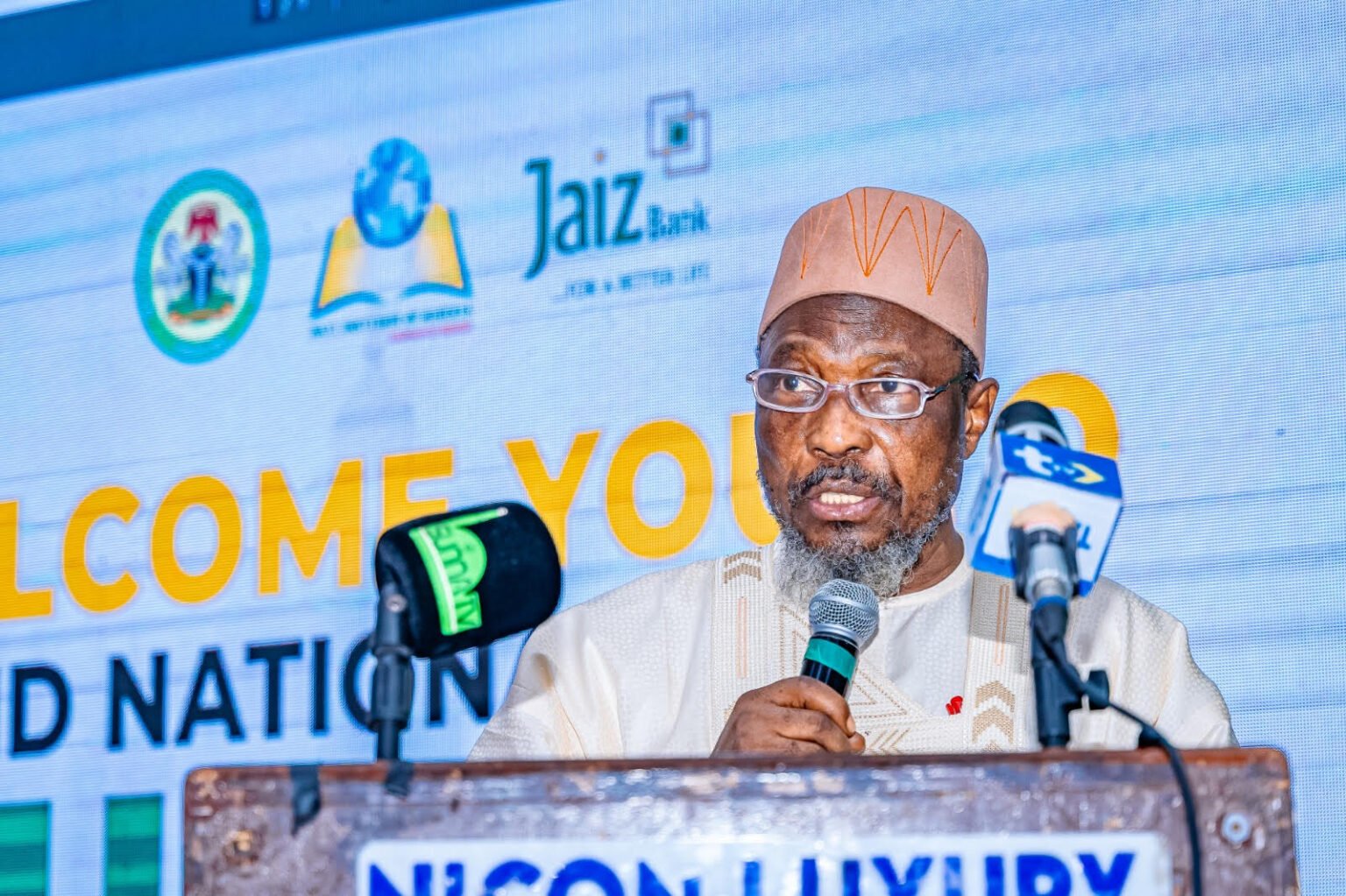The Chairman and Chief Executive Officer of the National Hajj Commission of Nigeria (NAHCON), Professor Abdullahi Saleh Usman, says the rising cost of Hajj for Nigerians is being driven by a combination of economic and regulatory pressures, including fluctuating foreign exchange rates and escalating service costs.
Professor Usman made the disclosure on Tuesday in Abuja at the opening of the second National Hajj Stakeholders Summit themed “Sustainable Hajj Financing: Developing a Resilient Model for Nigerian Pilgrims and Stakeholders.”
“The Hajj industry faces increasing pressures, from fluctuating foreign exchange rates and rising service costs to evolving regulatory landscapes,” he said. “These challenges have made the pilgrimage increasingly expensive for our Nigerian brothers and sisters. Therefore, developing resilient and sustainable financial models is no longer an option but a necessity to guarantee affordability, efficiency, and integrity in Hajj operations.”
He stressed the urgent need to adapt Nigeria’s Hajj financing approach in response to global and local changes, noting that the commission had already taken steps toward building a more resilient framework.
According to him, NAHCON has brought in three new banking partners—Alternative Bank, TAJ Bank, and Lotus Bank—into the Hajj Savings Scheme (HSS), a move aimed at expanding access and promoting long-term planning among prospective pilgrims.
“With these banks now onboard, we are widening the reach of the Hajj Savings Scheme, promoting financial inclusion, and laying a strong foundation for a sustainable Hajj financing model,” Usman said.
He also assured stakeholders that preparations for the 2025 Hajj are on track and promised continued efficiency in service delivery. “I assure all stakeholders that NAHCON, under my leadership, is dedicated to fostering strong partnerships, collaborations, and teamwork to ensure the success of the 2025 Hajj operations,” he said.
Also speaking at the summit, the Sultan of Sokoto and President-General of the Nigerian Supreme Council for Islamic Affairs (NSCIA), Alhaji Muhammad Sa’ad Abubakar, described the forum as both timely and necessary for improving the Hajj experience. Represented by the Emir of Keffi, Alhaji Shehu Chindo Yamusa III, the Sultan urged the commission to embrace digitisation to improve service quality and reduce costs.
“It is also critical to use this opportunity to urge the Hajj Commission’s management to digitise and simplify Hajj operations to reduce costs and improve services that support pilgrims’ comfort and safety,” he said.
He also called on clerics to play an active role in safeguarding the welfare of pilgrims: “Our Imams and Islamic teachers, I humbly call on you to provide spiritual guidance, encouraging cooperation in the protection of the rights and welfare of pilgrims. This will help in the development of policies aligned with religious values and principles.”
ALSO READ FROM NIGERIAN TRIBUNE




